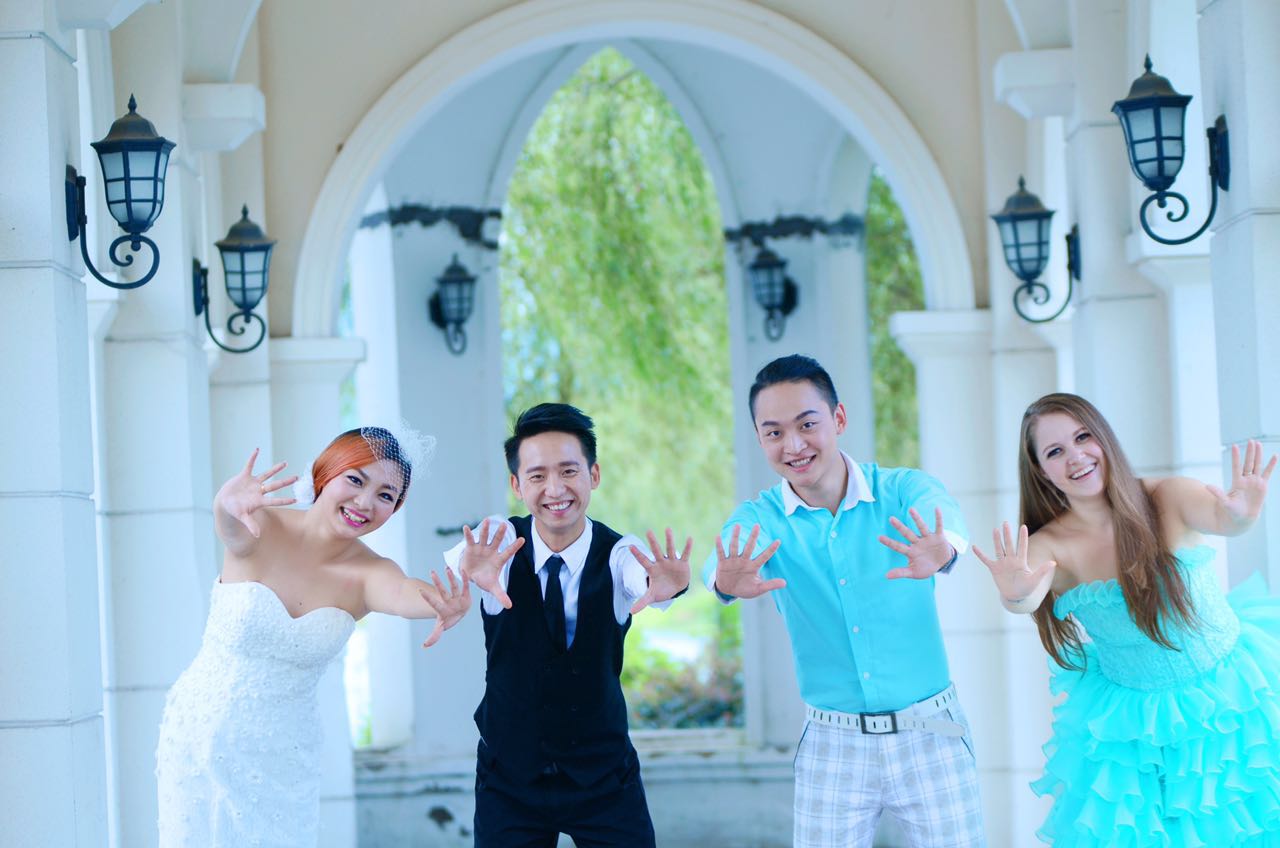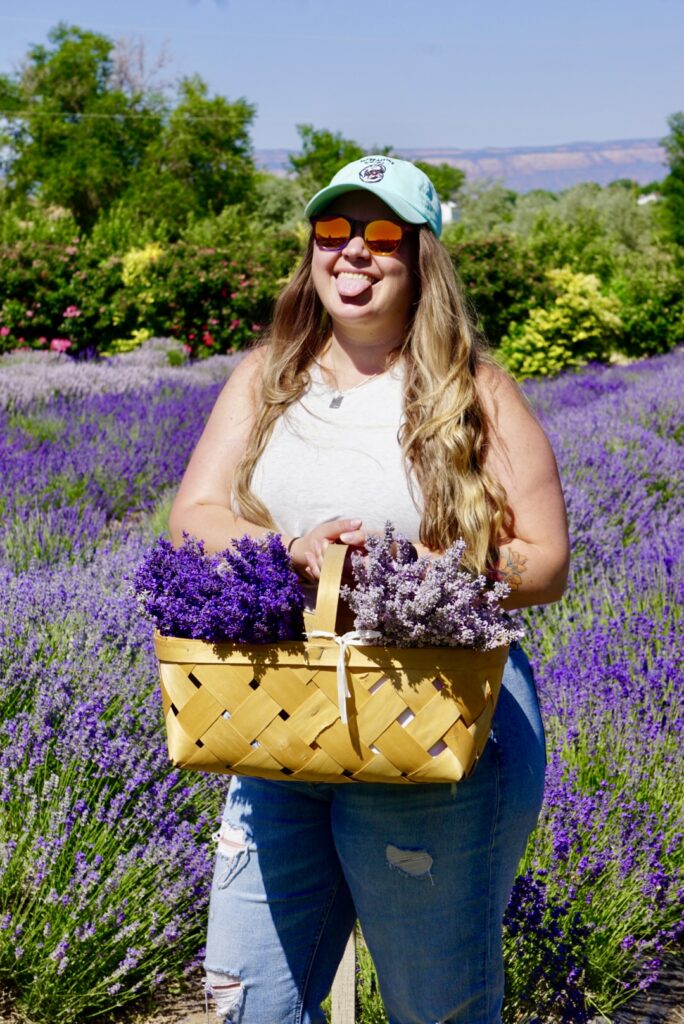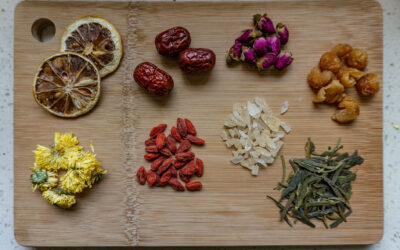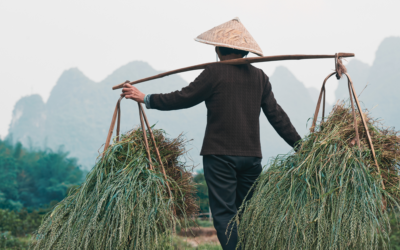On average, 10 million people get married in China per year creating a combined $80 billion of an industry. I was fortunate to be a part of a Chinese wedding, and no I wasn’t the one getting married.
As I was coming to a close during my time as a Peace Corps Volunteer in China, I had come to make many friends that I miss dearly to this day. Several months before I was scheduled to return home from Peace Corps, a close friend of mine announced that she would be getting married and that she was four months pregnant.
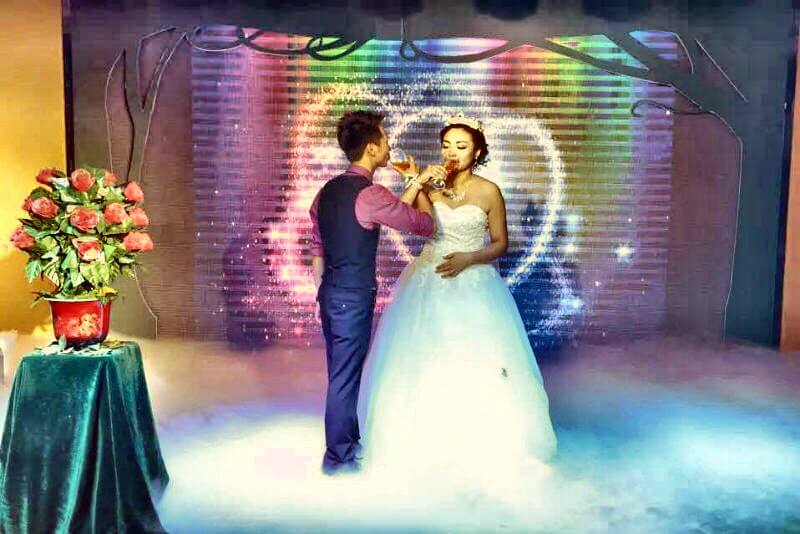
I called her Wei Wei. She was among the few people in Dadukou, Chongqing who would speak to me in basic Mandarin Chinese, and it didn’t take her long to learn my style of speaking and learning. We became excellent friends, and I loved her very much.
Shortly after announcing she would be married, she asked me to be one of her bridesmaids, more specifically, her Maid of Honor. I was stunned and honored to be a part of her wedding. One thing I was uncertain of was how marriages in China usually run. I quickly came to learn it was quite the production.
She arranged to get married rather quickly, so everything happened rather quickly. To demystify the Chinese Wedding process below is a basic timeline of events and common occurrences in a Chinese Wedding.
1. Who Pays for a Chinese Wedding?
In America, it’s common for the bride and groom to pay for their wedding, or the parents of both parties chip in to pay. It’s very different in China. In some cases, the parents will help pay for the wedding, but traditionally, the groom should be able to pay for the wedding on his own. No matter how much money the groom spends on the wedding, they are likely to receive that money back in hong baos, all thanks to the attending guests and their generous contributions.
It is assumed that the man will have already provided a home, car, and reliable income for himself and whomever he marries. In the Chinese culture for men, having these things gives you a status in society.
2. Chinese Wedding Photos Come First
In American culture, our ritual is to take engagement photos before the actual wedding, and then take the wedding photos after the ceremony. China is rather opposite. Instead, the bride and groom (best man and maid of honor if desired) pay to dress up in the proper attire to take magical photos at a gorgeous destination.
The bride and groom don’t dress in their actual wedding attire, but instead wear costumes, which come with the price of the photography session. The bride and groom will also pick a glamorous place to do wedding photos. Some people choose to drive several hours to sites that are specifically set up to make it look like couples are taking pictures around the world. Some couples fly to glamorous destinations around the world for stunning shots.
3. Collecting the Bride
On the day of the wedding, the bride will get ready for the wedding in her parent’s home with her and her bridesmaids. The day will usually start very early for the women. When the time arrives to leave for the wedding, the man will come to her home to collect her.
The bridesmaids don’t make it that easy, however. The women will keep the door shut and locked before letting the groom in. They tell him and his groomsmen to show hong baos, or red envelopes of money, under the door to buy their way in. This is a ritual that can go on for hours and start to frustrate the groom. Once the groom gets in to retrieve his bride, there is no guarantee the bridesmaids won’t have other ways to deviate up their sleeves. The bridesmaids will also hide one of the bride’s shoes because surely she cannot attend the wedding without both shoes.
Once the man finds the shoes, they are off, bowing to her parents before they leave. However, they don’t go straight to the venue for the ceremony.
4. The Big Drive Around Town
After the groom collects his bride, the party will come out to the front of their home where they will find a line of five or more luxury vehicles parked out front. Each one is meant to collect members of the groom and bride’s family members. The troupe of cars will drive around town to show off that they are getting married today.
Usually, the groomsmen will drive the vehicles, and they will periodically stop to hand out hong baos to the rest of the party. During these drives, the troupe of cars will typically stop of the homes of the bride and groom’s grandparents to thank them and honor them before the ceremony. They pick them up and eventually the entire group will make their way to the venue. This part of the Chinese Wedding ritual may take a few hours as well.
5. Gifts For a Chinese Wedding
The best gift for a Chinese wedding is money, which is typically presented to the bride and groom upon arrival. How much you should give is entirely dependent on the amount of money spent on the wedding. But people attending can do anywhere from 80 RMB to 120 RMB a person. It’s best to ask a friend you know is also attending.
When giving your hong bao, it’s important to refrain from giving money in uneven numbers or in fours. Uneven numbers represent misfortune, and the number for is commonly associated with death, because the word ‘four’ and ‘death’ have similar pronunciations.
6. A Chinese Wedding Ceremony
Traditionally, the bride and groom will make their vows before the wedding when they get their marriage license at the local government office. The ceremony will be very small and intimate, and during that time, they will pay their respects to their family, ancestors, deities, and to nature. When the couple bows to each other, the ceremony is complete.
As for the larger ceremony that takes place, after everyone arrives at the venue, guests start to come in. By this time, the venue is mostly set up and ready to go, but people are putting final touches on everything. A Chinese Wedding ceremony most likely looks nothing like any wedding you’ve ever seen.
During the wedding I was in, the aisle was elevated and surrounded by live plants and greenery. As people filter into the venue, snacks are provided and even entertainment, like live saxophone players and singers. The guests will usually expect to see meals hit the table sometime before and/or after the ceremony and it’s always a ridiculous amount of food.
Most Chinese weddings will be larger than life, meaning there are usually around 400 or more people could be attending a wedding. 400 people is no doubt a lot, especially after the ceremony.
The wedding ceremony can be very much a production including a release of hundreds of butterflies or the latest trend, flying veils. Guests can expect to see colors like Red and Gold both believing to be colors of loyalty, prosperity, honor, fertility, love, wealth, and fortune.
7. The Reception: Food and Alcohol
Warning, you will get a food baby from a Chinese wedding. For the reception, people have a delightful meal of eight courses. There is so much food, and you will be encouraged to eat more.
While you’re eating, the bride will change into her party dress. This dress is different from the wedding dress, which would be either the red qipao dress or the western wedding gown. The party gown is usually a different color, more flashy and extravagant.
Food is usually unbelievably abundant, and the bride and groom may end up taking plenty home. After the bride and groom eat the reception meal, they are required to get up from their table, with the maid of honor and groom to visit each table to thank them.
The groom will be required to drink a shot of baijiu when visiting each table, and with over 400 people at ten people per table, the groom is likely to be intoxicated later. The bride and groom must visit every table, or they risk losing ‘face.’
8. Chinese Wedding Not-To-Dos
The Chinese population takes symbols very seriously, so there are many things you should never do at a wedding to avoid accidentally casting misfortunes onto the happy newlyweds. Below is a list of things you should not do at a Chinese Wedding.
- Don’t give gifts or money in uneven numbers or sets of four.
- Don’t give the newlyweds coins as a form of money.
- Don’t skip out on giving a hong bao to the bride and groom.
- Don’t wear or use white or dark colors anywhere. White symbolizes a funeral and darker colors like grey and black should be avoided.
- Don’t bring uninvited guests.
- Don’t RSVP late.
- Don’t RSVP and then not attend the wedding.
- Don’t attend if you are mourning or pregnant.
- Don’t leave during the reception.
- Don’t leave without thanking the newlyweds.
There are plenty of stories and resources out there for attending a Chinese, and no one ceremony is the same, this is just my experience! If you have an experience, please share it below!
Are you interested in going to China? Read about how to prepare for your journey to China.

